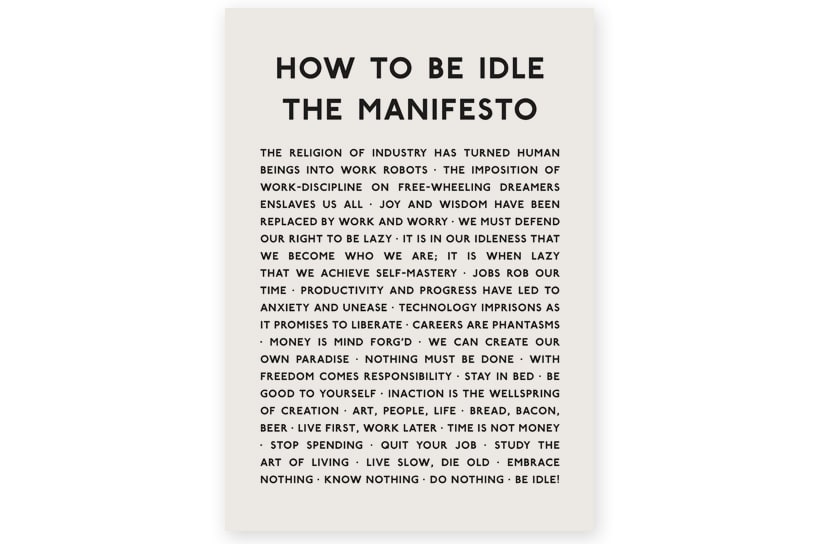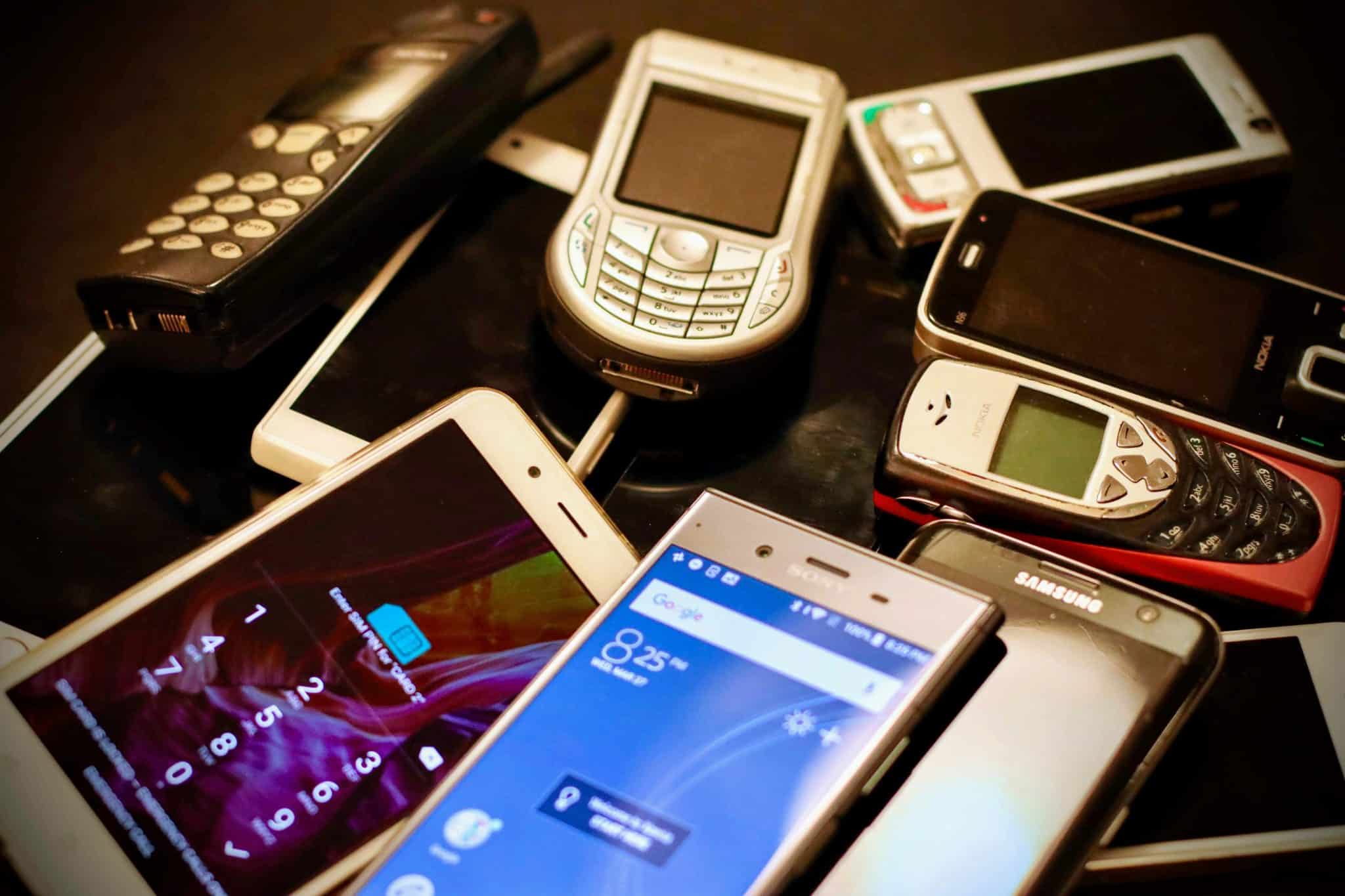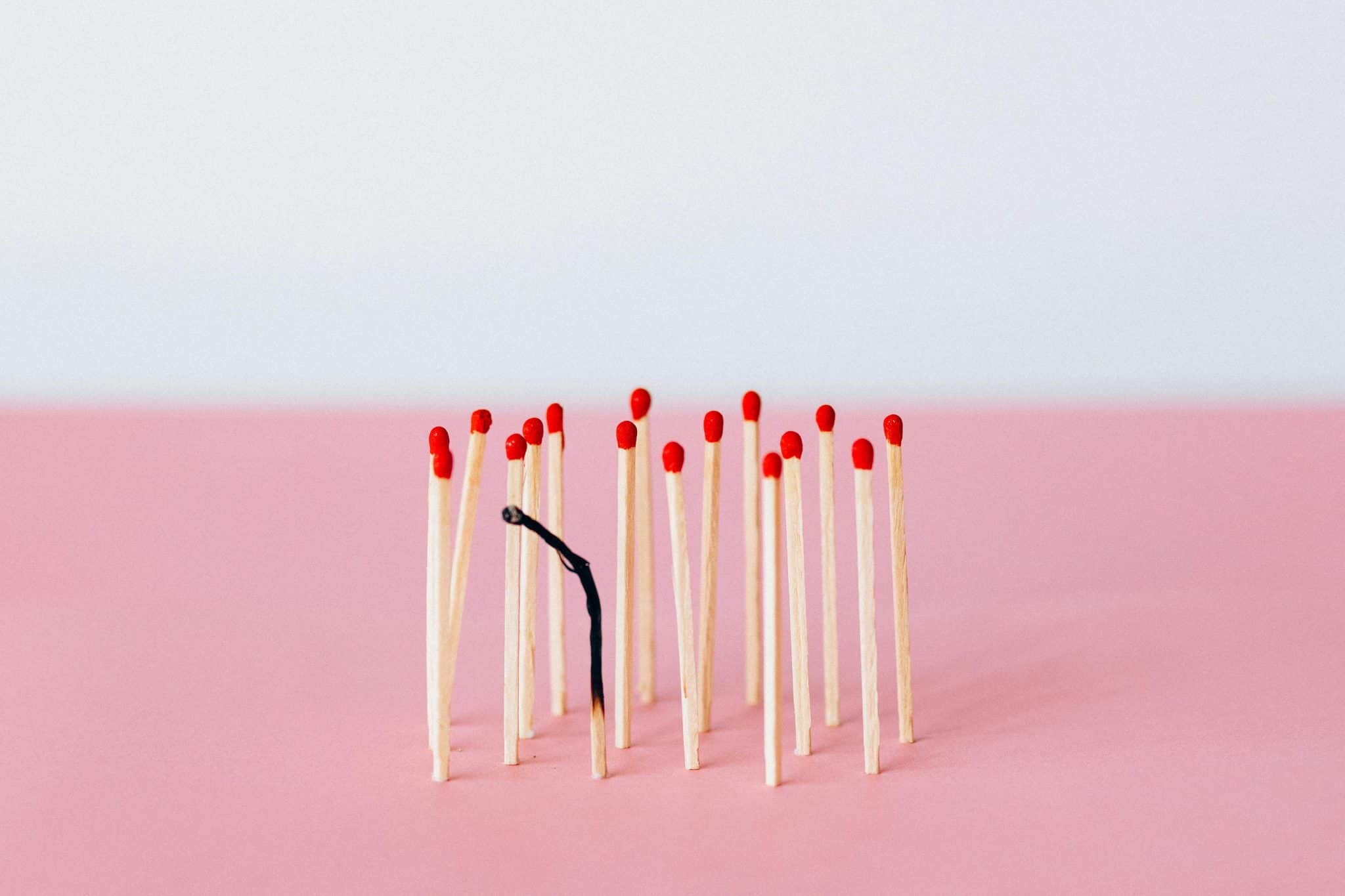Tom Hodgkinson on the Pursuit of Idleness

The Idler Editor shares wisdom gained from 30 years of slowing down, having fun, and living well
At Freedom, we help you make time for what matters and do more of what you love. But we know as well as anyone how difficult that can be to put into practice, especially around the holiday season. While the holidays should traditionally be a time of slowing down and enjoying time with loved ones, our modern lifestyles can make it anything but relaxing.
There are gifts to buy, parties to go to and dinners to cook, adding to our already packed schedules. Then there’s the inescapable pressure to buy more – Black Friday, Cyber Monday, New Year sales… all delivered to the little rectangular device in your hand. Add to this the need to share every minutia of your private life – perfectly presented of course – on social media, and you can really understand why the Grinch chose to live in a cave alone with no one but his dog for company.
But before you go adding a secluded cave to your Christmas list, may we suggest you first of all try asking Santa Claus for An Idler’s Manual by Tom Hodgkinson. An Idler’s Manual is the distilled wisdom of his 30 years of experimentation in the pursuit of idleness.
Meet Tom Hodgkinson
Back in 1991, bored to tears by his journalism job, a 23-year-old Tom lay on his bed and dreamed of starting a magazine called The Idler. Fortunately, he was sacked from his job, and along with his friend Gavin Pretor-Pinney, he realized his dream, when they produced the first issue of The Idler in August 1993, with the sub-title “literature for loafers”.
Since then The Idler has grown into a company devoted to helping people to lead more fulfilled lives, with a bi-monthly magazine, online courses, and live events. That seems like an awful lot of work if you ask us, so we were curious to catch up with Tom and learn how he makes time for being both productive and idle, and how, in fact, idling can actually aid productivity and creativity.
If you are looking for a sign to take a break, let this be it!

Can you explain the Idler’s philosophy in a nutshell?
Our slogan is “slow down, have fun, live well” and our aim is to help people to lead happy and fulfilled lives. We believe that the modern world takes jobs and work far too seriously.
There’s a whole other world out there that needs to be explored. We stand up for the romantic versus the utilitarian.
A lot of people don’t want to go back to their old boring lives.
They want to bring some autonomy into their lives, they want to slow down, spend more time with their family, spend less time on the frustrating and ultimately fruitless chase for money and status.
We spoke to you about idling back in 2018, but the world has changed a lot since then! How has your concept of Idleness evolved since?
My basic belief is the same – everybody should work less hard, and if you’re in a job you hate, then quit!
The Pandemic has actually introduced a lot of people to the joys of idling. Governments told us to stay at home and stop working – the precise opposite of their normal message, which is essentially to rush about and stay very busy – traveling, consuming, and working.
And people liked being idle. They cooked good food, did up the house, spent time in the garden. So now a lot of people don’t want to go back to their old boring lives. They want to bring some autonomy into their lives, they want to slow down, spend more time with their family, spend less time on the frustrating and ultimately fruitless chase for money and status.
We’ve been seeing a lot more criticism of “hustle culture” in recent years, in the press, and with books like How To do Nothing and Can’t Even. Do you think the idleness revolution is imminent?
There are certainly some positive signs out there. The ‘antiwork’ sub-Reddit has a million followers, and they call themselves “idlers”. In China we’ve heard about the Tang Ping movement – meaning “lying flat”, where millennials are taking a “bare necessities” approach to life and just working as much as they need, leaving lots of time for freedom and leisure.
So yes, I am hoping that the future will bring more idling to more people. Though it’s a revolution I’ve been working on since 1993 so I am slightly cautious because I’ve been disappointed before!
Your latest book, An Idler’s Manual, is in part a riposte to Jordan Peterson’s 12 Rules For Life. What do you find most bothersome about his guide?
He’s pretty humorless, for one thing, and I think he’s unromantic and excessively rational. He also takes a naively evolutionistic view of things – he says that young men should hold their shoulders back if they want to attract “high-quality mates” and all that sort of nonsense.
Also, he doesn’t believe that most people are creative. I think everybody is creative.

Earlier this year we interviewed Devon Price who talks about the Laziness Lie – how hard work is seen as morally superior to relaxation. Is there a difference for you between laziness and idleness?
I am a fan of laziness in moderation because it stops you from working too hard. The will to laziness should be respected. However, an excess of laziness looks like giving up on life and can also look like scrounging.
Idleness on the other hand, at least in the way I define it, is about balance, efficiency, and autonomy. If work is the stuff you don’t want to do, then idling is the stuff you do want to do. Hence you can become a busy idler!
Idleness brings health, creativity and time to be spent with loved ones, whereas excessive work damages both mental and physical health and is bad for the planet as well.
What advice would you give someone who wants to create more space in their life for being Idle?
Schedule it. Mark some idling time out each day. Possible an hour after lunch for sleeping, dreaming, or walking.
Also, abandon the guilt. You should actually feel guilty about not being idle because idleness brings health and creativity and time to be spent with loved ones, whereas excessive work damages both mental and physical health and is bad for the planet as well.
In what ways does technology interfere with the pursuit of idleness?
It brings work home, it brings work onto the train, it brings work into the bed – all of which were formerly work-free spaces, more or less. So we need to be strict about turning it off. In fact, I don’t have a smartphone and it’s great – it opens up so much idling time.
Reading real books is also a very easy way to get away from screens. And doing nothing is profoundly ecologically healing – it uses no fossil fuels.

As someone involved in so many projects, you could be accused of not being very idle at all! How do you ensure that your ideas come to fruition while preserving time for idleness?
Lots of time for walks, sleep, and beer seems to do the trick. I don’t work long hours but I do work very efficiently. I am lucky in that I’m good at concentrating so I can do a lot of work at great speed. My best time for work is 10 am till 1 pm.
When working, how do you stay motivated and focused? Do you have a routine, process, or place that helps to get into a creative flow?
I have an office which is about 20 minutes bicycle ride from my home and I go there most days from around 10 or 11 to around 5 or 6 – like an artist going to the studio. I sometimes stay at home and work but generally regret it – too many distractions. I can also work well in libraries.
I have a terrible tendency to avoid work so it helps to have a space that is designed for work. And I look forward to drinking beer in the evenings – that is a great aid to idling.
What is the most interesting or rewarding thing you have learned from being idle -or rather, what has idleness taught you?
It’s an ongoing process, but I think idling helps you to become happy in your own skin.
What projects are you currently working on that you are most excited about?
Just bumbling along, producing the Idler magazine, writing articles and books.
We’re hoping to relaunch the Idler Festival in summer 2022 so keep a lookout for that.

An Idler’s Manual is on sale now, buy it here.
To keep up with Tom and his work, you can join The Idler, and follow The Idler on Twitter, Instagram, and YouTube.



